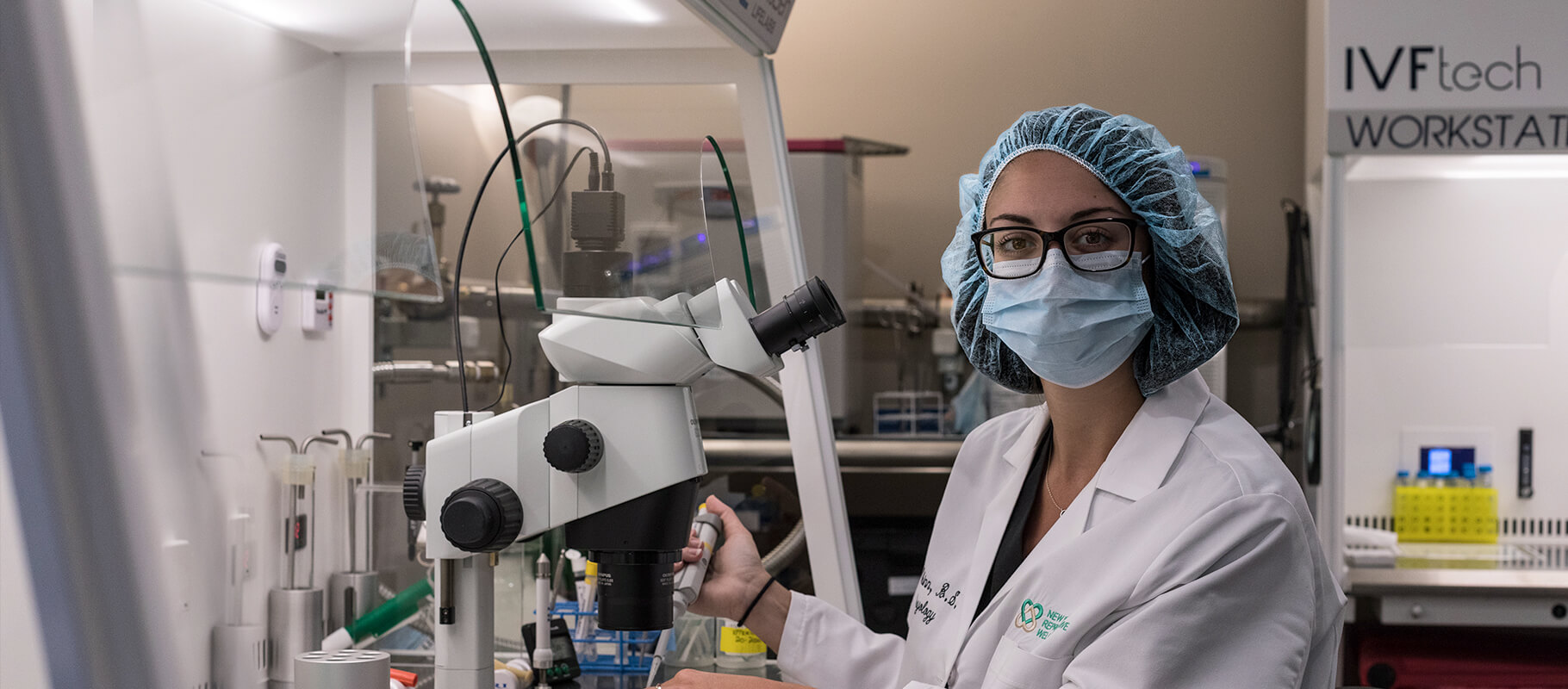Low Ovarian Reserve
A woman's fertility decreases with age, and more significantly late in her 30's. This is because oocyte (egg) quality decreases the older a woman is. When you are born, a woman has over a million oocytes in what we call the "ovarian reserve." By the time she hits puberty, the number of eggs is somewhere around 500,000 or below.
Typically, one egg is matured and released per month during menstruation. By the time a woman hits menopause, her ovarian reserves are significantly lower. Menopause does not mean that woman doesn't have any eggs left. It simply means that the quality of the oocytes aren't good enough to create a live birth baby. Poor egg quality, among other issues, contributes to implantation failure and miscarriage. However, in truth, menopause marks the second most fertile period in her life.
Aside from age-related causes, women may have a low ovarian reserve due to a number of other reasons. In fact, poor ovarian reserves can occur in patients at any age and occurs when there is a physiological decrease in the number of eggs, which can result in an insufficient number to ensure a reasonable chance of pregnancy.
Some causes of decreased ovarian reserve include:
- Aging ovaries - at 37 years of age, a woman will have 25,000 eggs, while at menopause, she may have less than 1,000
- Gene anomalies such as Fragile X
- Ovarian tissue that can be destroyed through torsion
- Surgical removal of all or part of your ovary
- Ovarian cysts caused by endometriosis
- Benign or malignant tumors
- Radiation or chemotherapy
- Immunological conditions
- High body mass index (obesity or weight issues)
- Chromosomal anomalies such as Turner Syndrome where a woman does not have two X chromosomes
Conventional IVF and especially Mini IVF and Natural Cycle IVF are all protocols that have been successful for overcoming Low Ovarian Reserve at New York Reproductive Wellness, since they can be used for all age groups. However, successful treatment of Low Ovarian Reserve is very dependent on how many eggs we can obtain from the egg retrieval. If the number of eggs is extremely low, other protocols and treatments may be recommended.








